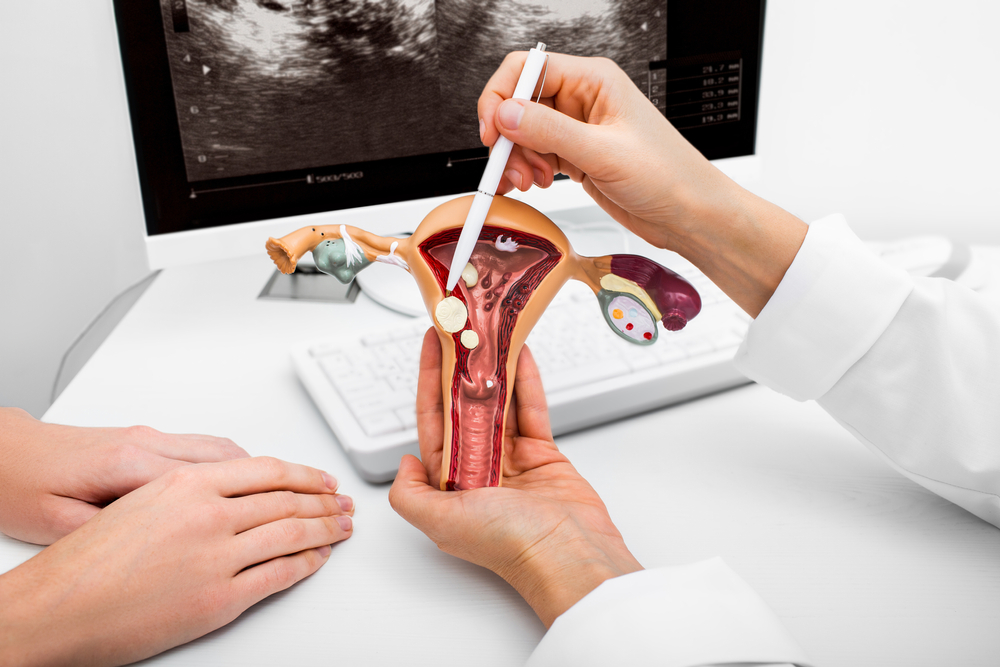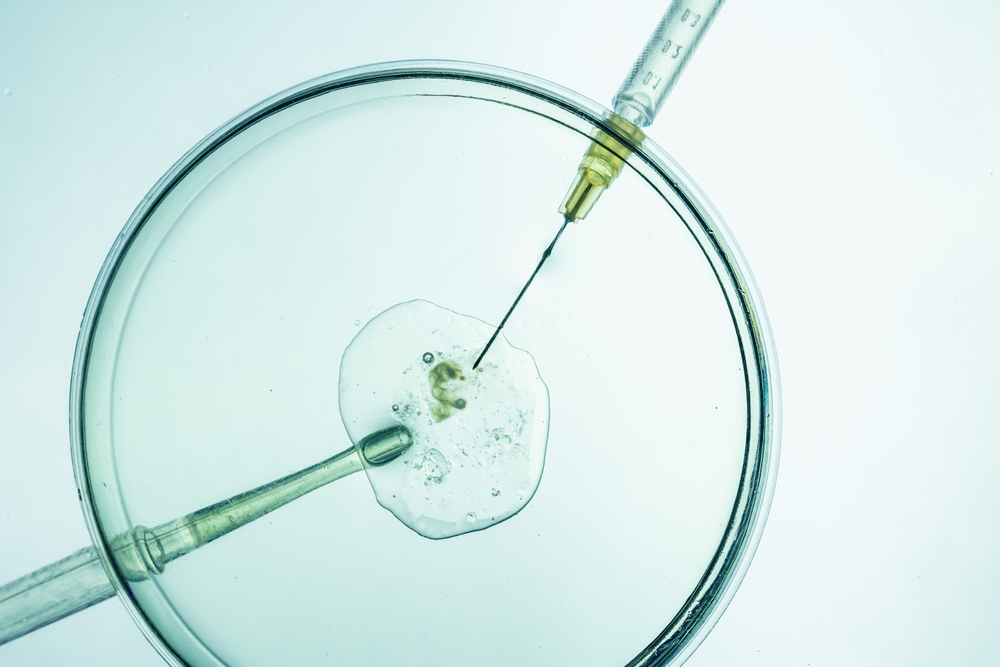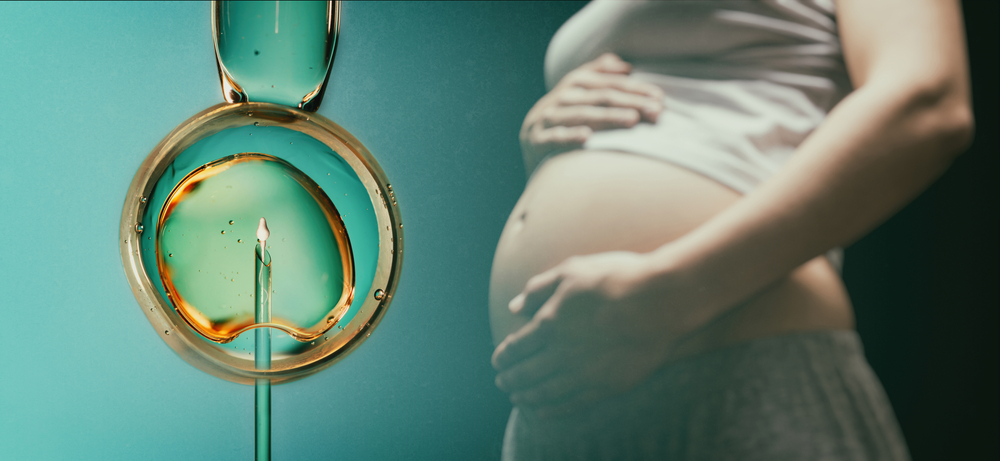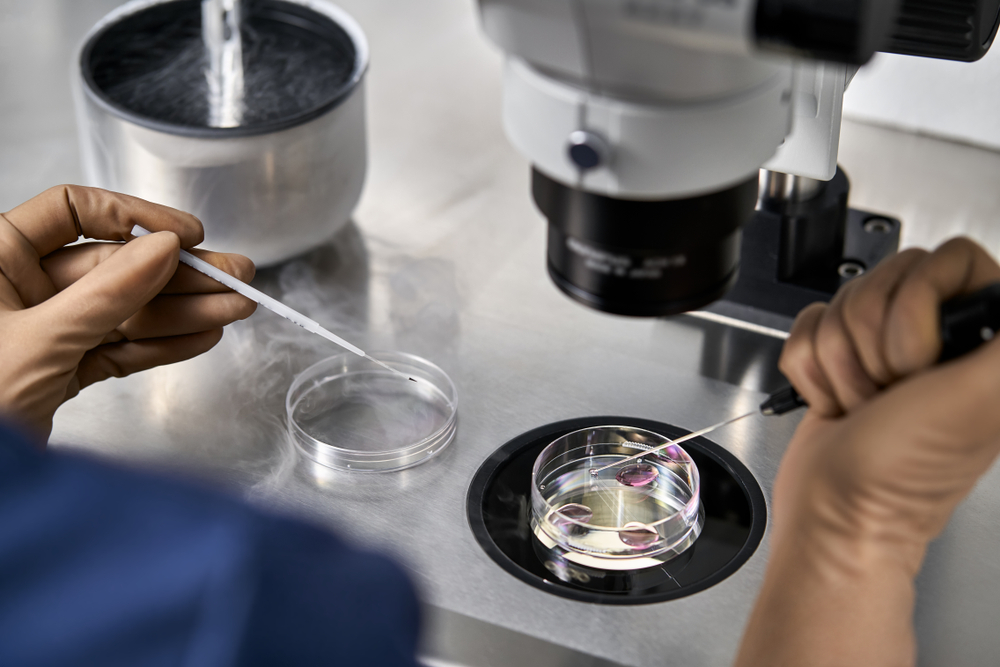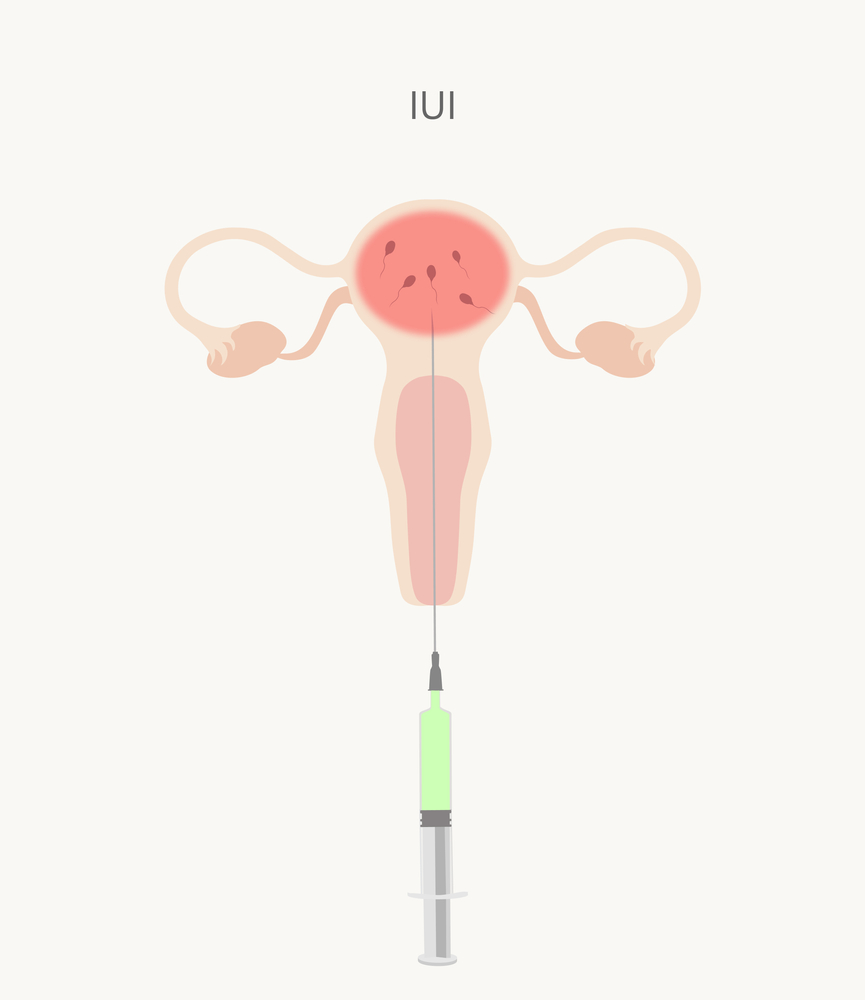When couples face challenges in conceiving, it’s natural to seek options that provide hope without overwhelming medical interventions. Intrauterine insemination (IUI) is one such conservative fertility treatment that offers a gentle yet effective path toward pregnancy. For those exploring fertility treatments, understanding how IUI works and its benefits compared to other options like IVF can be crucial in making the right choice.
What Is IUI & How Does It Work as a Conservative Fertility Treatment?
An intrauterine insemination (IUI) is a substitute insemination technique which requires taking prepared washed sperm, and placing it into the uterus around the time of ovulation so that sperm have the highest likelihood of meeting ovum. It is quite close to natural conception but with a little assistance, which is a less radical option for couples than an IVF method that implies fertilizing the ovum outside a woman’s body.
Well, the best part of the IUI treatment is its ease. There is no need for an insertion of hormonal injections to stimulate the ovaries as it would be the case of IVF. IUI fertility treatment is usually the first course for couples where female partners exhibit a normal uterine cavity and mild sperm count or there is unexplained infertility. It is less of an invasion and can be performed in a clinic without much extensive surgery.
Benefits of IUI treatment over IVF for Fertility
IUI treatment is less expensive and less invasive than IVF which is one of the biggest benefits of IUI. IUI is preferred by many couples as it is considered to be more natural. In IVF, a woman’s ovaries are stimulated and multiple eggs are retrieved, fertilized in a lab and then placed into the uterus. In IUI treatment, sperm is only placed directly into the uterus at the right time which is a lot easier than other options. This is a softer form of treatment for people who do not wish to go for any firm requirements.
Also, the IUI procedure usually utilizes fewer drugs than the IVF protocol. Women might use oral medications to stimulate ovulation, but they usually do not employ the powerful hormone injections often used in IVF. Intrauterine insemination (IUI) can be a less daunting option for couples who are faced with mild fertility problems typical of ovulatory problems or mild male fertility problems.
Is IUI the Right Fertility Treatment for You?
Assessing the problem can help determine if IUI is the most appropriate option or not for the couple’s fertility management. IUI fertility treatment is usually prescribed for couples with:
- Unexplained infertility
- Mild endometriosis
- Mild male infertility, such as low sperm motility or count
- Ovulation disorders
However, as much as it has been stressed that IUI is an alternative, it is not appropriate for all infertility conditions, such as delayed male infertility and obstructive tubal infertility in women.
Step-by-Step Process of IUI Fertility Treatment
The IUI process explained below is relatively straightforward and here’s how it works:
- Ovarian Stimulation: Depending on the fertility specialist’s recommendation, the woman may take medication to stimulate ovulation, encouraging the release of one or more eggs.
- Monitoring Ovulation: Through blood tests and ultrasound, the exact time of ovulation is pinpointed to optimize the timing of insemination.
- Sperm Collection and Preparation: A semen sample is collected and processed in the lab to separate the most motile and healthy sperm, enhancing the chances of successful fertilization.
- Insemination: At the optimal time, the prepared sperm is inserted directly into the uterus using a thin catheter. The procedure takes just a few minutes and is often described as similar to a Pap smear in terms of discomfort.
- Post-Procedure: After the insemination, couples wait two weeks before taking a pregnancy test to determine if the treatment was successful.
IUI treatment success rate
While IUI offers a more conservative approach, it’s important to manage expectations regarding success rates. The success rates of IUI vary based on several factors, including the woman’s age, the cause of infertility and whether fertility medications are used during the process. Generally, the success rate for IUI ranges between 10% and 20% per cycle with younger women and women with less severe conditions.
Nevertheless, since the IUI treatment is less invasive and the cost is less expensive, it is usually done for several cycles before proceeding with more aggressive treatments like IVF.
Why is IUI a Conservative Approach for Couples Trying to Conceive?
In cases where couples are ready to conceive, but they lack confidence to go for more advanced fertility treatment, the IUI becomes a halfway house. It’s a conservative fertility treatment that respects the natural cycle of reproduction while offering a slight boost through modern medical assistance.
FAQs
1. How is IUI different from IVF?
IUI is less invasive and more affordable, placing sperm directly into the uterus, while IVF involves fertilizing eggs outside the body and then implanting them.
2. What is the success rate of IUI?
IUI has a success rate of 10-20% per cycle, depending on age and fertility issues.
3. How many IUI cycles can a couple try?
Most doctors recommend up to 3-6 IUI cycles before considering other fertility treatments, like IVF.
Conclusion
At Shourya Test Tube Baby Centre, known for providing the best IUI treatment in Hyderabad, couples can experience a gentle and effective fertility solution. As the best IUI center in Hyderabad, we offer a hopeful path to parenthood with IUI treatment in Hyderabad, ensuring minimal intervention and maximum care for your journey to parenthood.

